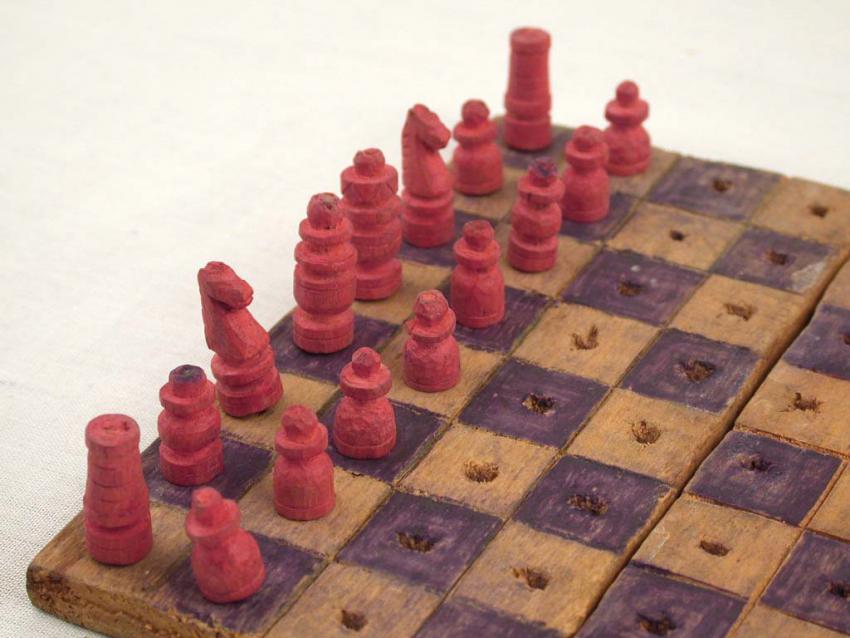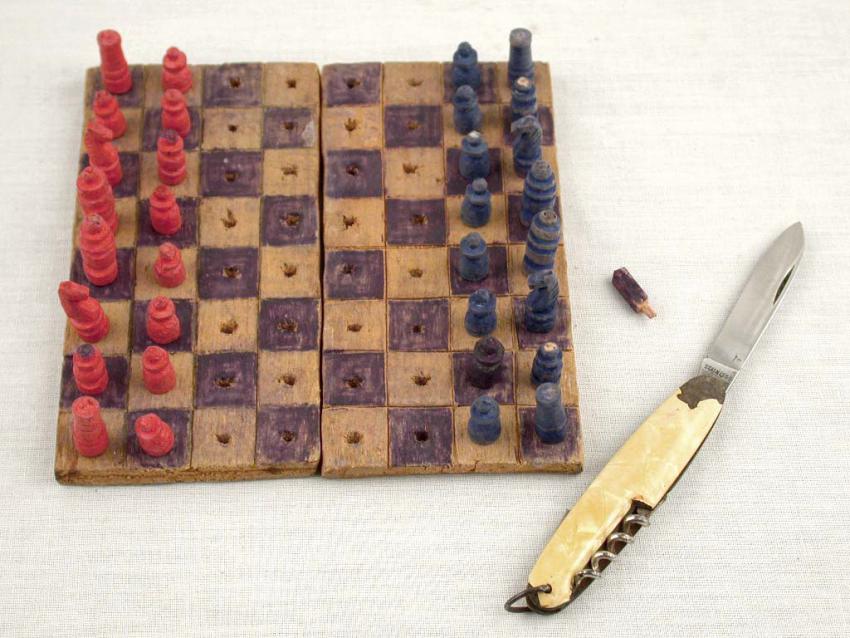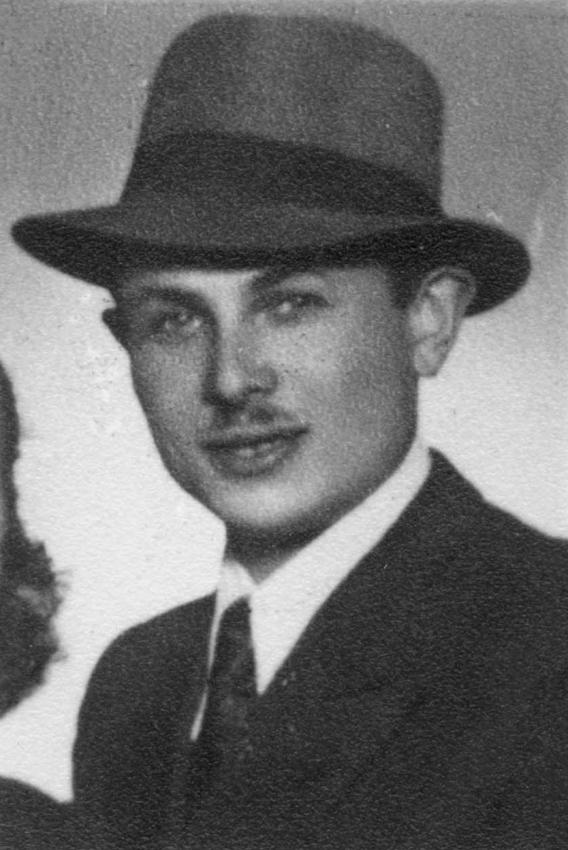
Yad Vashem Artifacts Collection
Collection, Donated by Elhanan Ejbuszyc, Israel


Yad Vashem Artifacts Collection
Collection, Donated by Elhanan Ejbuszyc, Israel



Sunday to Thursday: 09:00-17:00
Fridays and Holiday eves: 09:00-14:00
Yad Vashem is closed on Saturdays and all Jewish Holidays.
Entrance to the Holocaust History Museum is not permitted for children under the age of 10. Babies in strollers or carriers will not be permitted to enter.

Yad Vashem Artifacts Collection
Collection, Donated by Elhanan Ejbuszyc, Israel


Yad Vashem Artifacts Collection
Collection, Donated by Elhanan Ejbuszyc, Israel



Elhanan Ejbuszyc, a talented carver of miniatures, was deported from the Lodz ghetto to Auschwitz-Birkenau in the summer of 1944, where he was imprisoned in Block 20. The block leader was known for his cruelty, particularly for using his club to beat prisoners who got in his way. Rumor had it that he had been sentenced to life imprisonment for murdering his wife and children.
One day Ejbuszyc took a chance and offered the cruel leader, who habitually bragged about his prowess at chess, to carve chess pieces for him. He dared to suggest that the block leader's club would be perfect for the task because it was round and thin. His hope was to temper the block leader's treatment of his fellow prisoners. To his surprise, his offer was received positively, and the leader even gave Ejbuszyc a pocket knife to carve with, not without a warning that if he didn't complete the task within four days and return the knife, he would be put to death.
For the next few days Ejbuszyc was allowed to stay in the block and carve the chess pieces instead of going out to work with the other prisoners. He was pleased that he had managed to grant his fellow inmates a temporary respite from the dreaded club, but before he managed to complete the task, the prisoners were summoned to a "selection" and a group of them, including Ejbuszyc, was sent to the Goerlitz labor camp. He managed to hide the chess pieces, the pocket knife, and what remained of the club, and take them with him to the new camp.
In his testimony Ejbuszyc describes how he completed the carving of the pieces in the Goerlitz camp:
"…I brought them [the chess pieces] with me to Goerlitz and gave them a final touch-up (of course, as much as the limited camp conditions allowed). Towards evening, after we returned from work, we would eat vegetable soup and rest next to the chess game in progress, following closely. We discussed chess moves and strategies, how to enhance the game, and we thoroughly enjoyed watching. Sometimes the head of our block who was responsible for keeping order got drawn in too, and we were all sorry when curfew was announced and we had to return to our wretched reality and the knowledge that soon we would have to rise to another day of forced labor.
In conclusion, what I achieved – turning a tool of punishment into a tool of peace after breaking it into pieces and carving chess pieces from it – was to give my fellow Jews a rare chance to forget their pitiful circumstances for a while. That brief moment of solace that I managed to bring to my fellow sufferers filled me with such joy – this was my reward…"
Elhanan Ejbuszyc remained at the Goerlitz camp until May 1945, when he was liberated by the Red Army.
Yad Vashem Artifacts Collection,
Donated by Elhanan Ejbuszyc, Israel

Thank you for registering to receive information from Yad Vashem.
You will receive periodic updates regarding recent events, publications and new initiatives.

"The work of Yad Vashem is critical and necessary to remind the world of the consequences of hate"
Paul Daly
#GivingTuesday
Donate to Educate Against Hate


Worldwide antisemitism is on the rise.
At Yad Vashem, we strive to make the world a better place by combating antisemitism through teacher training, international lectures and workshops and online courses.
We need you to partner with us in this vital mission to #EducateAgainstHate
The good news:
The Yad Vashem website had recently undergone a major upgrade!
The less good news:
The page you are looking for has apparently been moved.
We are therefore redirecting you to what we hope will be a useful landing page.
For any questions/clarifications/problems, please contact: webmaster@yadvashem.org.il
Press the X button to continue



